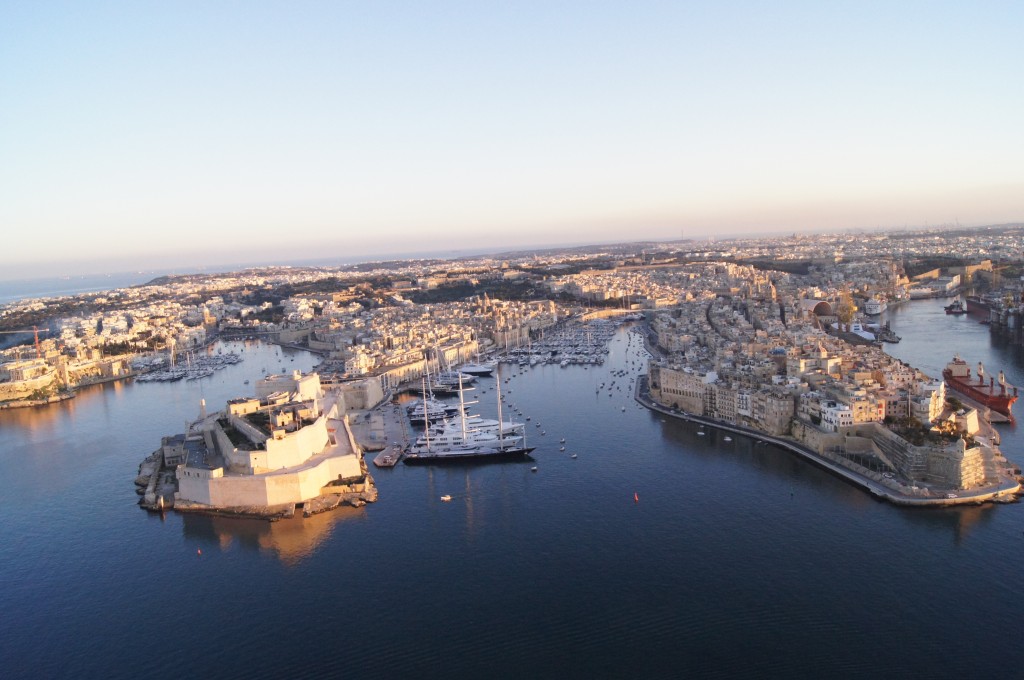You might have heard of other Maltese living outside of Malta. Nothing strange in that, however an interesting fact is that in Australia only, there are more Maltese than there is in Malta!
Malta Emigration History
Many times we just speak of immigration to Malta, but once we used to speak about emigration. Here is some history of Malta’s emigration.
Many contemporaries saw that the basic social problem facing Malta in the twenties and thirties was the presence of a redundant population brought about by the loss of the sources enjoyed throughout the years prior to 1823; a problem aggravated by the astonishing continuance of population increase.
These contemporary witnesses saw little possibility of solving the problem by using birth control to reduce the population the only good solution seemed to be emigration on a large scale. Therefore there developed a body of persons wedded to this opinion. It was from these persons that the emigration movement seriously began.

Emigration was not altogether a new matter in Maltese affairs, even before the British occupation, fear of over- population had associated itself to strategic consideration to produce various suggestions for colonisation abroad.
Some educates Maltese were likewise eager for emigration. Visitors generally agreed with these local views, at times prophesying horrible disaster should the islanders fail to leave in sufficient numbers.
There were enemies of emigration, some very staunch and bitter. The strictures of Michael Sadler against an expedient “unnatural, impolitic and cruel”, found echoes in Malta when papers such as “Il Filologo” launched bitter attacks on the local government for driving unhappy islanders abroad to “ensnarement”, “betrayal” and “doom”.
There were critics who took a fairly different line. They did not condemn emigration as such; rather, did they follow those thinkers in Great Britain who considered that in a country where natural increase was capable for quickly refilling the vacuum emigration was not, nor ever could be more than a temporary remedy for overpopulation. Thus Austin and Lewis waxed most scornful against those ignorant proclaimers and projectors in Malta who thought they could permanently solve local difficulties by the “emigration of the surplus population”.
The movement to organise Emigration
Undeterred by a great resistance, the sponsors of emigration pushed on with their plans for solving unemployment as energetically and busily as did their fellow enthusiasts in Great Britain.
The first attempt was in 1825 when Hay wrote to Malta asking whether any Maltese would volunteer for work in the West Indies should the schemes of Lord Auckland and others- to use white labour in Jamaica for the production of silk-came into operation.
The next proposition of this kind likewise originated Malta in the fertile brain of Charles James Napier, conqueror of Sind.
The rejection of Government Emigration
British belongings in the Caribbean were at this time (August 1834), passing through the early stages of the apprenticeship system and were not as a whole finding the process particularly easy. Among the many difficulties and doubts confronting them were two especially relevant to the problem of the Maltese emigration: could negro labourers be persuaded to work harder than the minimum necessary to produce their subsistence, and a question airing more urgently in areas like British Guiana- already short of labour, was it possible to obtain satisfactory population workers from the countries outside the Caribbean.
Military Emigration
When faced worth an unflinching refusal by Treasury and Colonial Office to permit Malta to utilise its public funds for organised emigration, some persons in Valletta wondered if they could encourage. Hastings persuaded the Colonial Office to arrange that British regiments in the Mediterranean should take up to 5% of their number in Maltese personnel.
Unhappily the high hopes of Hastings and other were doomed to disappointment: very few Maltese made use of the opportunities offered. Despite this unpromising start, advocates organised emigration refused to drop their plans altogether.
As it happened it was not these propositions which captivated Westminster’s fancy but one from Bermuda. The breakdown of the Bermuda negotiations represents the failure of Malta’s last attempt, during this period, to finance emigration from public funds. Migration depended for its success exclusively upon the resources of persons or private organisations-either in Malta itself or in those countries anxious to receive Maltese immigrants. It is to these private ventures that we must now turn.